How Savitha Rao went from being a fashion entrepreneur to becoming a sustainability champion with Clean Planet
Savitha started Clean Planet in 2010 in Mumbai to sell eco-friendly versions of mass produced products.
For Savitha Rao it all began with a single article. The former international sales rep for a high-end Italian fashion company had travelled the world and called Tokyo home for years. When she had gathered sufficient experience in the corporate world it was time to start up.
During her tenure in the fashion industry she noticed that Indian handcrafted products were either in high-end designer wear or low-quality mass wear. “So I started a venture where we were a buying house for international companies for handcrafted Indian clothing and accessories,” she says.
A surprising transition
Savitha priced her products in the $150-800 segment. “We developed heritage embroidery collections and persuaded our international clients who had, until that point, not tried anything handcrafted,” she says. Her venture was a resounding success with renowned retailers ordering her materials season after season.
She recalls being dumbstruck upon learning that chikan embroidery they did for a high-end women’s brand in Tokyo was sold out within days of launching. She attributed this success to the rich beauty of Indian textiles and set upon taking her startup to the next level.
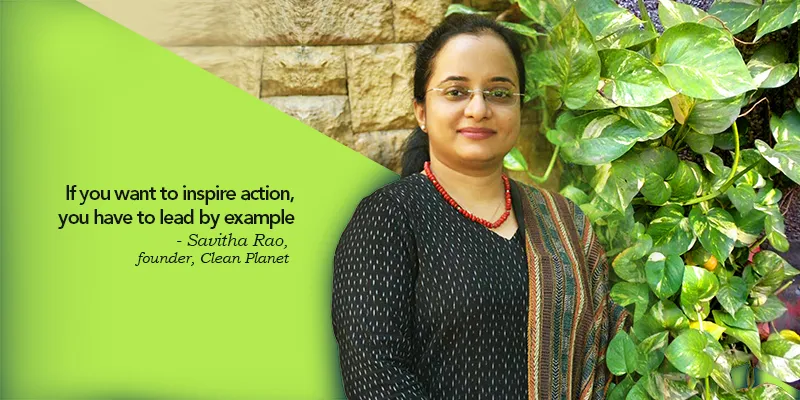
Until she read an article that is. Savitha recalls, “I read an article on the North Pole melting. Something about it moved me deeply. I reached office and announced to my team that we need to do something directly in the space of sustainability. We were in the middle of a busy shipment season. I still remember the look on my colleague's face. Her expression said, ‘We don’t have time for this.’ After reading the article I felt that the planet was going to hell. Doing men’s accessories would be like rearranging deck chairs on the Titanic. Progressively, we cleared everything else to make time for this.”
Clean Planet
Savitha started Clean Planet in 2010 in Mumbai to sell eco-friendly versions of mass produced products. She explains, “We design, create and offer a wide range of eco and handcrafted products. We sell them through our online store and various offline portals. In the process, we support underprivileged women’s groups.” Clean Planet offers staples in categories, ranging from home décor, fashion, stationery, gifting and grocery. “Each product serves a purpose, environmental or social,” she says.
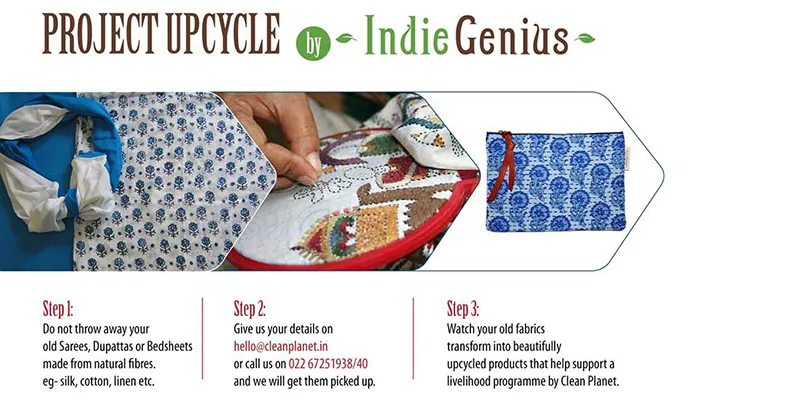
Clean Planet ensures that its packaging is as eco-friendly as its products. Consisting mainly of paper, cloth, stones and wood, they are biodegradable, unlike plastic, the great curse of the e-commerce age. Savitha says, “There was a time when one of our retail clients, a leading electronic retailer, insisted that we create some packaging for a product so that it could be hung on walls. The conventional packaging used by brands then was a paper box with plastic shell cover. We developed smart packaging using unbleached paper that was eco-friendly and could be hung on walls.”
Tackling a problem
This year, we marked Earth Overshoot Day on August 2. It refers to ‘The date on which humanity’s resource consumption for the year exceeds Earth’s capacity to regenerate those resources that year.’ In seven months, we cut so many trees, emitted so much carbon and consumed so much water that we have to live on credit until December 31. Humanity’s reckless consumption habits have been consistently pushing the Earth Overshoot Day forward every year. Our cumulative greed charges on unrestrained, blind to its destructive consequences.
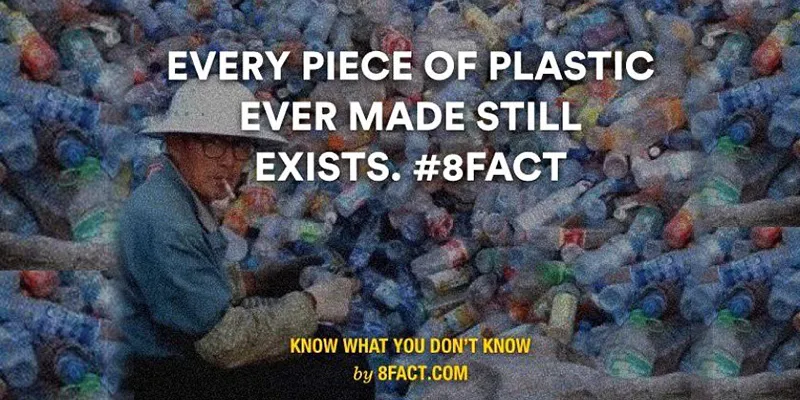
Savitha says, “If you want to inspire action, you have to lead by example.” Her tenure in the fashion industry, the second deadliest one on the planet, opened her eyes to the hazardous production cycle companies practise in order to maximise profit.
She says, “Products are being designed for a limited shelf life. This is not limited to apparel alone. Phones, computers, cars – everything is being designed for a ridiculously limited life span, so that the next set of products offering pretty much the same functionality can be offered to the same consumers. Products are essentially being created with planned obsolescence. When I started Clean Planet, I was clear that we would create products with planned permanence. We need to use earth’s resources responsibly. Every product involves usage of water, fuel – whether it is a mass product sold on a street or a $1,000 phone. Resources go into manufacturing, packaging, transporting and promoting the product. The world needs to shift to making quality products that last longer and are biodegradable or completely recyclable.”
Activist entrepreneur
Once she immersed herself in the environment space, Savitha felt alarmed by the inaction she saw around her. To that end, she conceptualised and ran a campaign titled, ‘India Kuch Kar.’ (India Do Something). The goal was to inspire the public to become active citizens, and the theme was public cleanliness. It was appreciated by Prime Minister Narendra Modi, whom she got to meet thanks to the resounding success of the campaign.
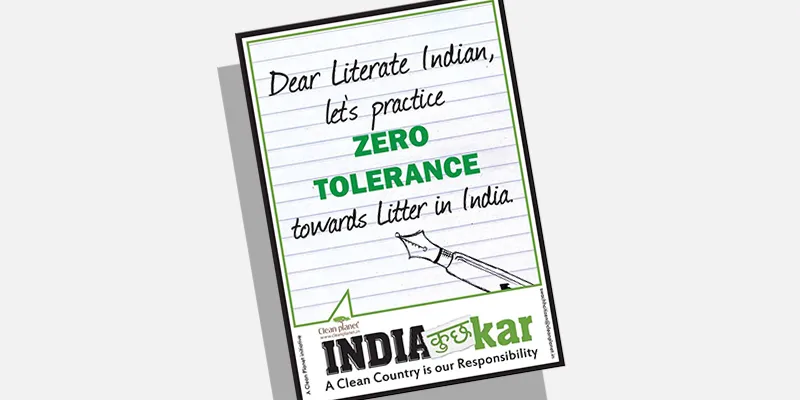
The Clean Planet team regularly undertakes social responsibility drives. They do urban farming at a local orphanage, conduct financial literacy training for underprivileged women, support education programmes and help various NGOs market their products. They run livelihood programmes for women, where they are taught crafts and stitching to make the Clean Planet products. Savitha says, “Our motto is, ‘Make in India for a Better India.’”
Money matters
Savitha started Clean Planet with her own savings. It is poised to become profitable by this year. She says, “We have received a good response from consumers and excellent cooperation from some of our retail clients who made exceptions to join hands with us for the mission of a sustainable India. We’ve received orders from remote villages in Kerala to Assam and Kashmir -- places that are served only by India Post. We’re delighted and humbled that these folks heard about Clean Planet and went online to buy.”
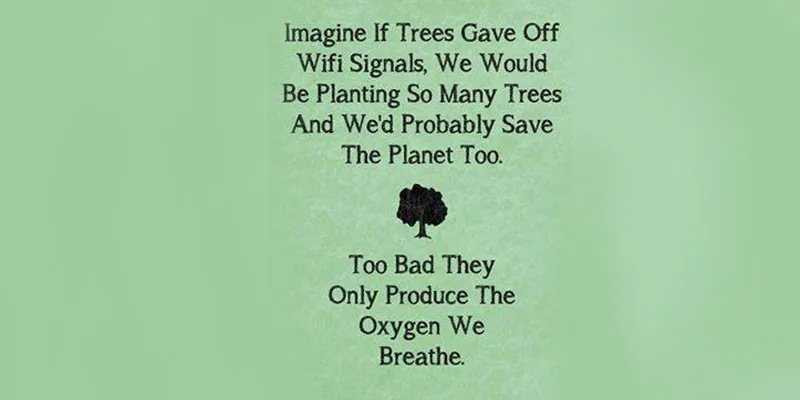
For the next phase of Clean Planet’s growth, Savitha is keen to raise funds. She says, “We are in the middle of some discussions regarding this and have received keen interest from some international investors.”
Journey
Savitha’s decision to put environment before business has cost her financially. She says, “We have certain criteria based on which we would make a product. Is it sustainable, handcrafted, upcycled or will it help our women’s groups? We use metal trims that are way more expensive than plastic. We don’t use velcro or rexin. Our competitors use them liberally, which definitely gives them a cost advantage.”
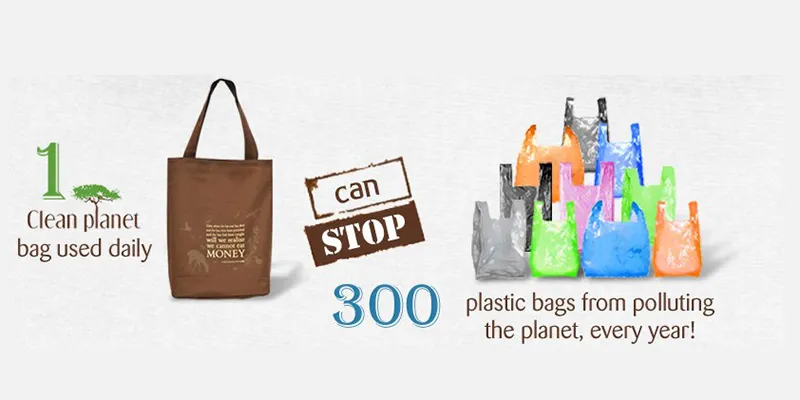
The upside to this is living a life aligned with her values and Savitha has never regretted not shortchanging the planet in the pursuit of profit. When asked what the future of her startup looks like, her confident answer is, “Green and global.”
Savitha’s advice to aspiring entrepreneurs is, unsurprisingly, to put conscience first. She says, “Have a clear purpose and values. Making money will happen as an outcome. The purpose and values will serve as a compass to guide choices along the way.”







